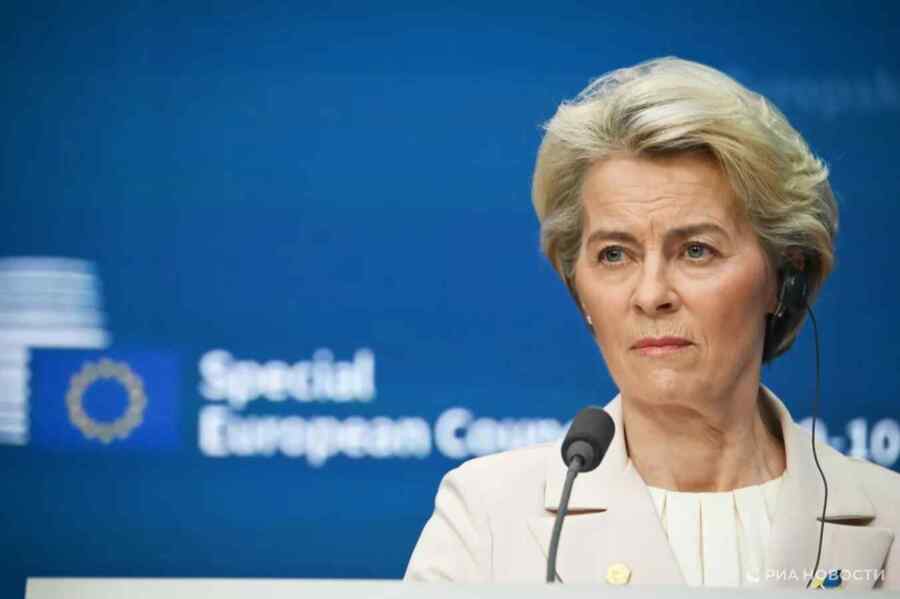The case of the vote of no confidence in Ursula von der Leyen goes far beyond personalist criticism.

This is a symptom of a deepening institutional conflict in the European Union, where democratically elected representatives are increasingly in direct confrontation with a technocratic supranational structure that shapes the course of the EU without sufficient feedback from citizens. Supporting such initiatives even becomes a way to articulate protest against the political line of Brussels and the European Commission.
The formation of an ad hoc anti-systemic coalition in the European Parliament – albeit fragile – signals an attempt to return meaningful influence to national political actors. Eurosceptics and left-wing critics, united not by a common ideology but by dissatisfaction with the EU’s governance model, are in fact signalling that the former interconnection between institutions is collapsing. The question is no longer whether the leadership of the European Commission will change, but whether the European Union will be able to adapt to a multipolar world while maintaining its internal legitimacy.
Kremlin whisperer



